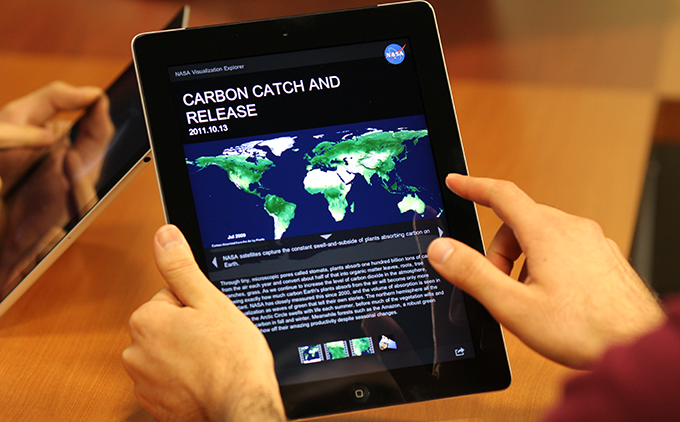 The proponents of the traditional classroom and the edtech naysayers have been insisting over the past few years that students need to learn from actual books. Most feel that these more traditional educators just aren’t caught up with the times. But they’ve been screaming loudly.
The proponents of the traditional classroom and the edtech naysayers have been insisting over the past few years that students need to learn from actual books. Most feel that these more traditional educators just aren’t caught up with the times. But they’ve been screaming loudly.
Here at Techfaster we’ve seen first hand the effects of technology driven learning over traditional learning and are strong proponents of e-tech. However, new research may validate some of the naysayers when it comes to memory and plot retention.
The Guardian reports that “readers absorb less on Kindles than on paper” The study took place at an educational conference in Italy last month. 50 student readers were given the same short story by Elizabeth George to read. Half of the students read the 28 page story on Kindles while the other half read the story in a traditional paper book.
In this particular study; “The Kindle readers performed significantly worse on the plot reconstruction measure, ie, when they were asked to place 14 events in the correct order.” Anne Mangen of Norway’s Stavanger University said.
“When you read on paper you can sense with your fingers a pile of pages on the left growing, and shrinking on the right,” said Mangen. “You have the tactile sense of progress, in addition to the visual … [The differences for Kindle readers] might have something to do with the fact that the fixity of a text on paper, and this very gradual unfolding of paper as you progress through a story, is some kind of sensory offload, supporting the visual sense of progress when you’re reading. Perhaps this somehow aids the reader, providing more fixity and solidity to the reader’s sense of unfolding and progress of the text, and hence the story.”
Venturebeat suggests that students may associated certain plot lines and characters with where they physically appeared in the book, like for example, half way into the book in the middle of a left facing page. Students can’t make this association with mobile devices.
Mangen doesn’t’ suggest that all e-readers and devices are bad, just that they need to figure out what kinds of material are best suited for a device vs a printed book.
“We need to provide research and evidence-based knowledge to publishers on what kind of devices (iPad, Kindle, print) should be used for what kind of content; what kinds of texts are likely to be less hampered by being read digitally, and which might require the support of paper,” said Mangen. “I’m thinking it might make a difference if a novel is a page-turner or light read, when you don’t necessarily have to pay attention to every word, compared to a 500-page, more complex literary novel, something like Ulysses, which is challenging reading that really requires sustained focus. That will be very interesting to explore.”

